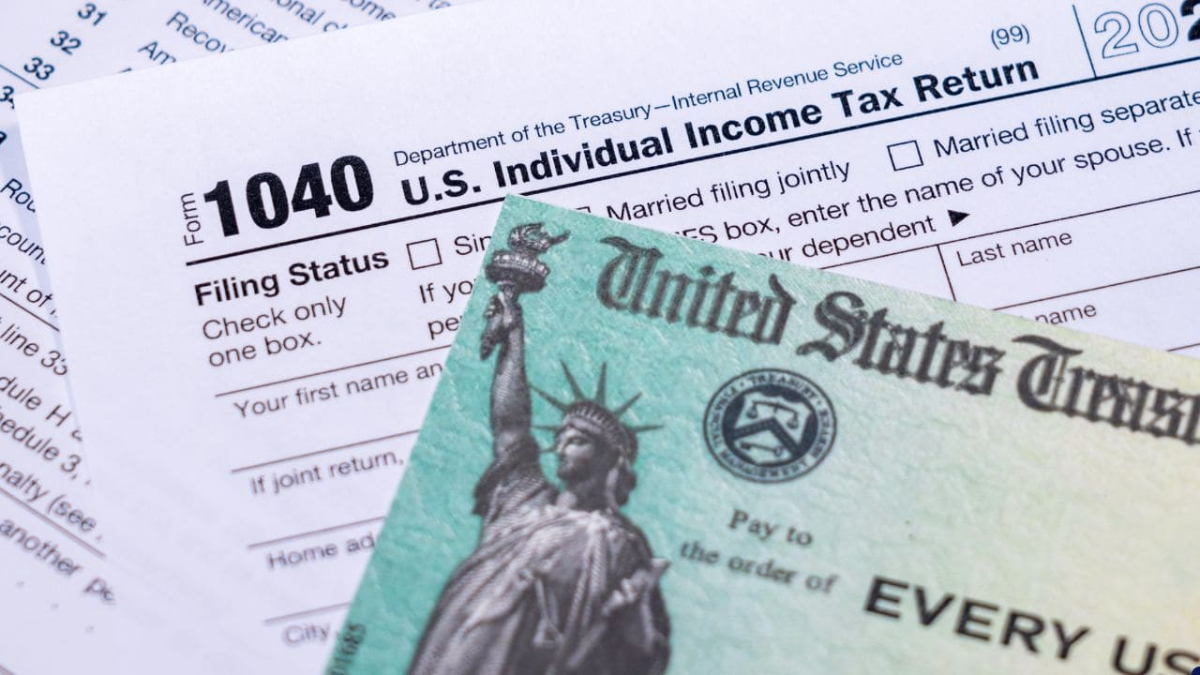What Is the $2,900 Total Stimulus Relief?
In 2025, Americans may be eligible for up to $2,900 in total stimulus relief through a combination of federal, state, and targeted support programs. This package includes IRS refund boosts, cost-of-living assistance, and specialized payments for seniors, low-income families, and more. If you’re wondering whether you qualify for some—or all—of this aid, now’s the time to find out.
Key Components of the $2,900 Relief
This year’s stimulus relief is broken down into several key parts. Eligible taxpayers may receive a $1,400 federal payment, $900 state rebate, and $600 in targeted aid depending on factors such as income level, family size, employment status, and caregiving responsibilities. Understanding these components can help you claim your full share.
Who Qualifies for Each Portion?
Eligibility for each portion of the $2,900 varies:
- $1,400 Federal Stimulus: Generally for taxpayers earning less than $75,000 (single) or $150,000 (married).
- $900 State Rebate: Available in select states with ongoing stimulus programs—check your local treasury website.
- $600 Targeted Support: Reserved for groups such as seniors, caregivers, gig workers, or those receiving government benefits.
Check your qualifications for each program individually to avoid missing out.
How to Claim All Available Relief
Claiming the full $2,900 requires action. Start by filing your 2025 federal tax return, making sure to report dependents, employment status, and any state-specific eligibility. Most state payments are either automatic or require a short application through your state’s Department of Revenue. Keep documents like W-2s, 1099s, and previous return records handy.
When Will the Stimulus Be Paid Out?
Federal payments are expected to go out by July 2025, while state rebates and targeted credits may vary depending on local schedules. Most recipients will receive funds through direct deposit, with mailed checks following shortly after.
Table: Breakdown of the $2,900 Stimulus Relief
| Stimulus Type | Amount | Eligibility | Disbursement |
|---|---|---|---|
| Federal Stimulus Payment | $1,400 | Income-based, filed 2025 return | July 2025 |
| State Rebate | $900 | State-specific programs | Varies by state |
| Targeted Assistance | $600 | Seniors, caregivers, gig workers, etc. | Depends on category |
With $2,900 potentially on the table, 2025 could bring much-needed relief to millions of Americans. From federal payments to targeted aid, every piece of this stimulus package is designed to cushion the impact of inflation and economic uncertainty. Make sure you’re proactive—check your eligibility, file your taxes accurately, and apply for any programs available in your state.
FAQ’s:
1. Can I qualify for all three portions of the $2,900 stimulus?
Yes, if you meet the eligibility criteria for federal, state, and targeted programs, you can receive the full amount.
2. Do I need to apply separately for each type of relief?
You only need to file your federal tax return to receive the IRS payment. State and targeted aid may require separate applications.
3. Will this affect my other government benefits?
No, most stimulus payments are considered non-taxable and do not count against benefits like SNAP, SSI, or Medicaid.
4. What if I didn’t file taxes in 2024?
You may still be eligible, but you’ll need to file your 2025 return to receive any federal or state benefits.
5. How do I track my stimulus status?
The IRS “Get My Payment” tool and your state’s Department of Revenue website will offer updates on disbursement dates and eligibility.
